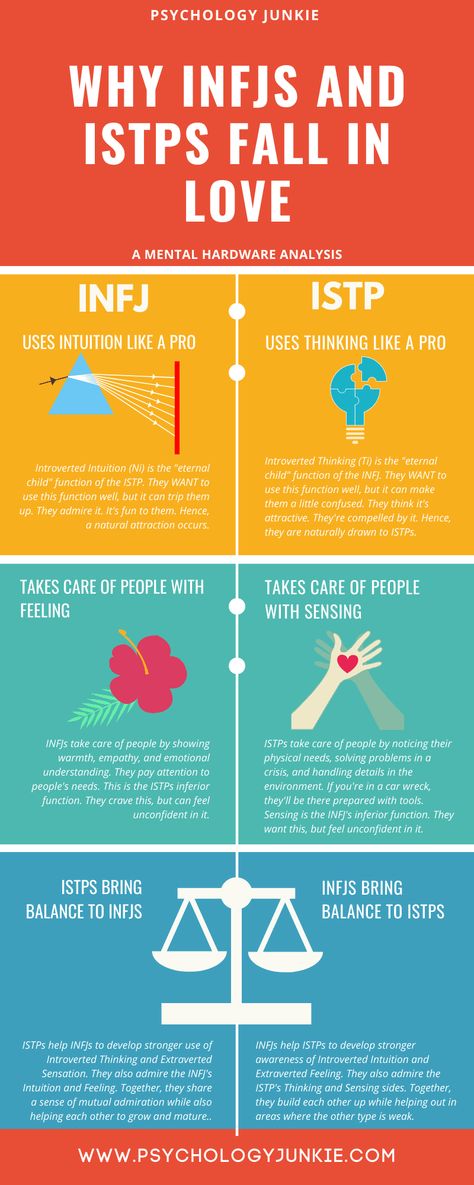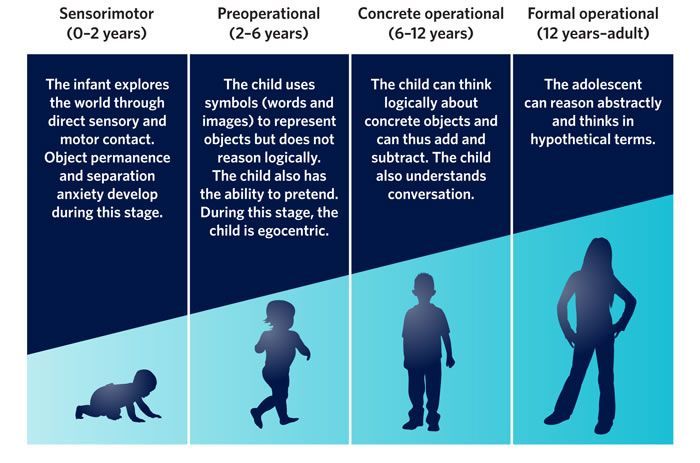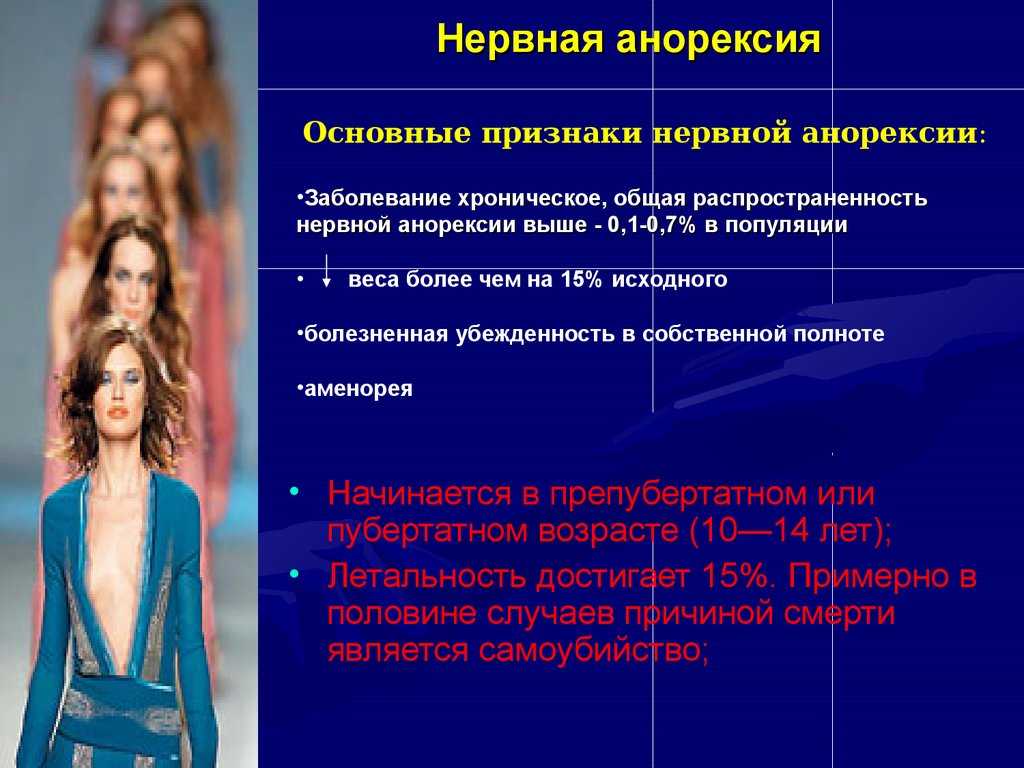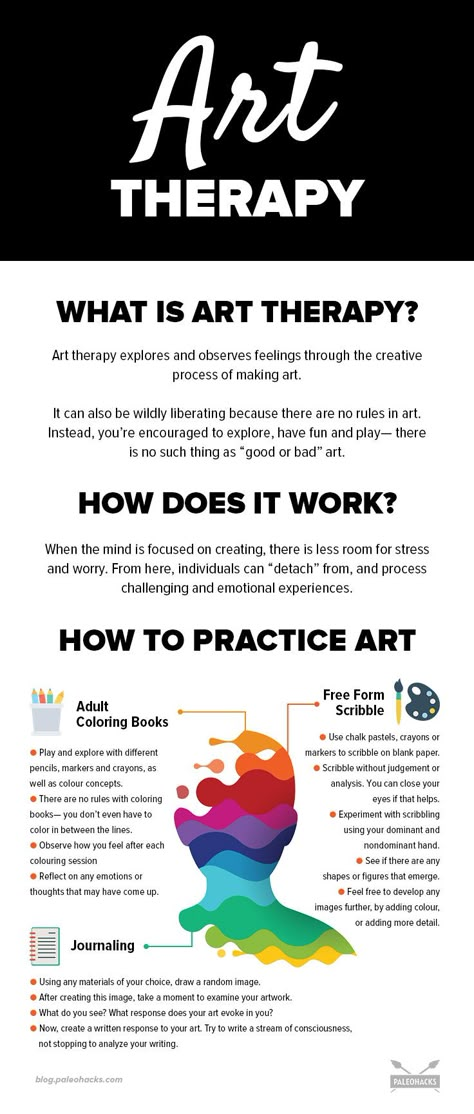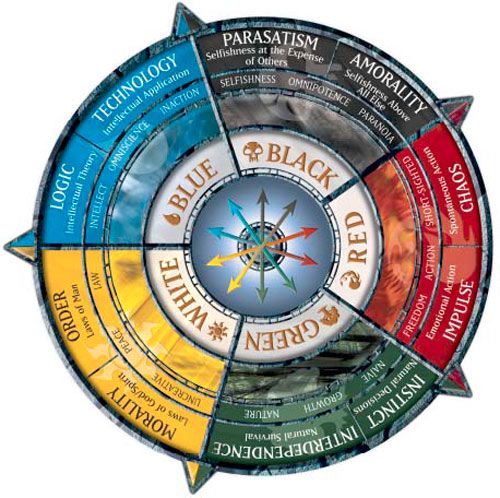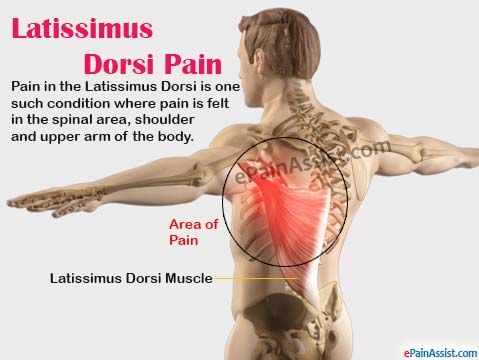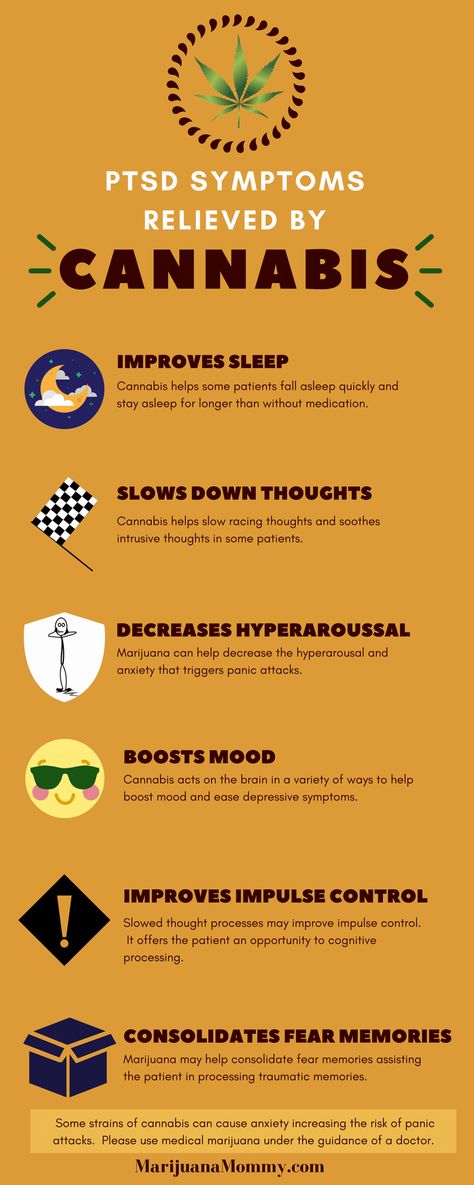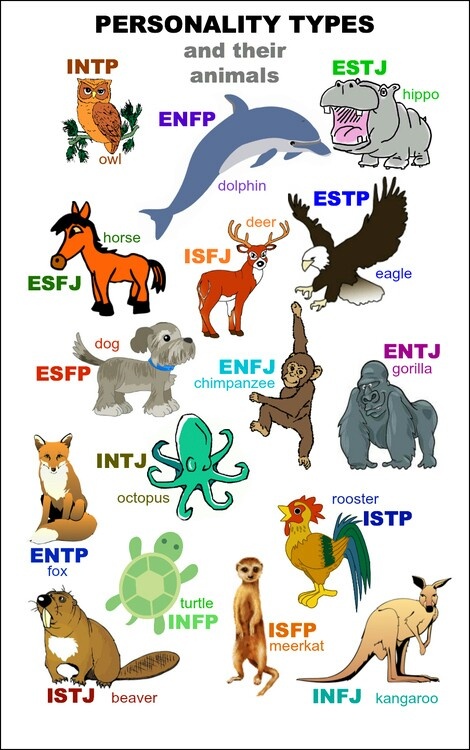Psychological test for career path
8 Best Career Assessment and Personality Tests to Help You Find the Right Job
Starting in middle school, helping you figure out what you’re going to do for the rest of your life becomes one of the goals of your teachers. Sure, you’re only 13 years old. But, your job is something that’s hammered into your head from early on.
So, you go through high school, and maybe you take some specific courses about psychology or anatomy.
Then college rolls around. Or, maybe you prefer to skip college.
Whatever your choice, your career may not have turned out what you thought it would be. People change, and it’s OK to realize that what you wanted to do in college or during your early years may not be what you want to do for the rest of your life.
If you’re caught in this conundrum, ease up.
It’s possible to switch careers and find something that you’re truly passionate about! To help you out, there’s a host of personality and career-oriented tests you can take.
Even if you haven’t worked a job yet, you can still take these tests. You may be surprised by what you find!
1. The Self-Directed SearchOptions are excellent in life. And having options in your career to do what you want is a dream come true.
The Self-Directed Search offers plenty of options. Instead of the traditional questions and answers, this test asks you questions and then sorts you into certain categories.
For example, you’re sorted into three categories based on the way you respond to questions. You may be sorted into the artistic, realistic and social category. Each category has a selection of jobs that matches how you answered the questions.
This isn’t your typical career and personality test. It’s worth trying out if you want to take a test that will give you options you may not get while taking the others.
2. Who Am I?This is another unique approach to personality tests. While it does focus more on your personality and less on your career, the ‘Who Am I?’ test will show you things about yourself you may not have known.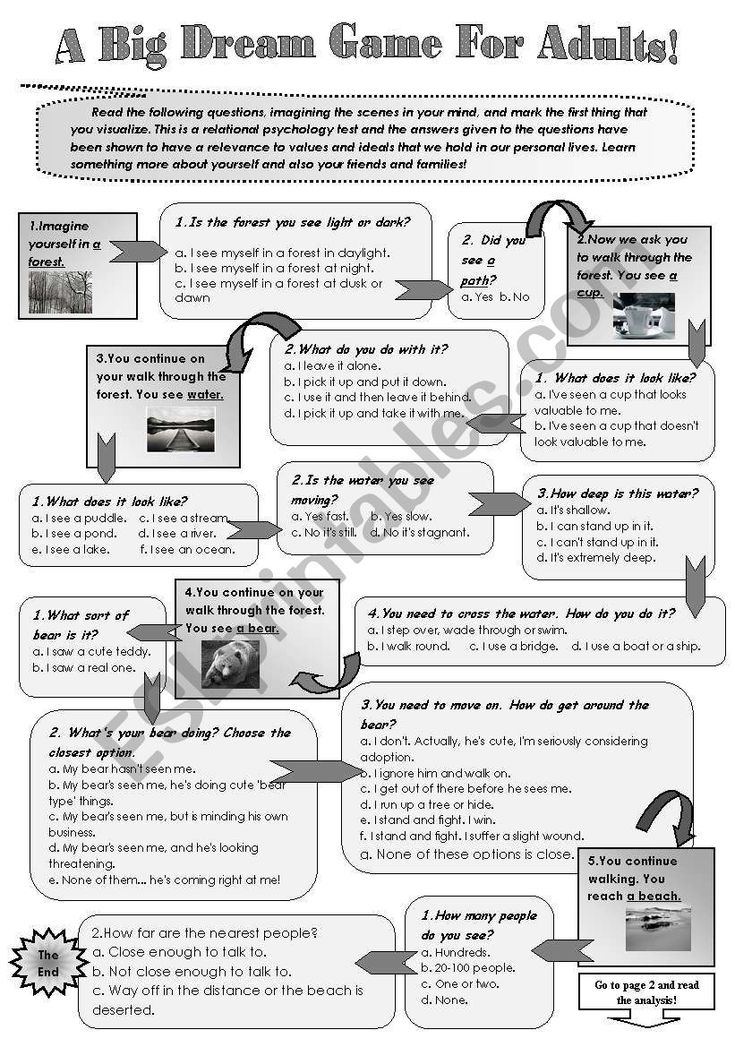 It’s a fun structure that resembles DNA.
It’s a fun structure that resembles DNA.
The test works in a simple fashion. You are given a series of pictures and you pick the one that most relates to you. While this may sound elementary, it’s a unique strategy that is sure to both teach you and put a smile on your face.
3. Myers-Briggs Type IndicatorThis is the big boy. It’s used in a ton of companies across the board. Yes, this is the test where companies give you questions that determine your personality type and tell them how great of a worker you’ll be.
It can seem daunting, but this test is fairly accurate. And it doesn’t focus on superficial scenarios. The test delves deep into not only how you act, but also what motivates you to work that way. It’s a deeply layered test that you’ll probably take at some point in your life.
You can take the MBTI assessment with a certified administrator, or take a free version online.
4. PymetricsImagine walking into a job interview.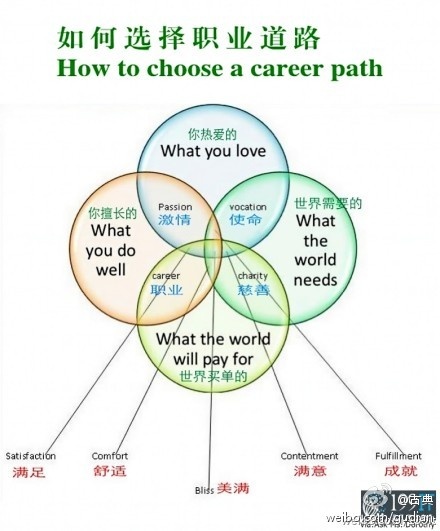 You sit down, and an HR associate walks into the room. They say you’re taking a test called the Pymetrics test.
You sit down, and an HR associate walks into the room. They say you’re taking a test called the Pymetrics test.
You’re a little confused, but you’re put at ease when they tell you it’s a personality test that helps determine your work habits. Then, as you start taking the test, you are confronted with mind games that test your problem-solving skills.
This could be quite surprising to you, but this is what the Pymetrics test is all about.
A series of mind games and puzzles awaits you. It’s a unique approach to personality tests and job tests that shakes up the formula of answering questions about your character.
5. Career Strengths TestFocusing more on your career skills, this test has a lot to offer. Instead of boring questions about work habits, this test dives deep into how strong you are in a variety of job-related areas.
Leadership, inductive reasoning and structural visualization are all facets in which you’ll be measured. After you’ve taken the test, you’ll see which skills you excel in.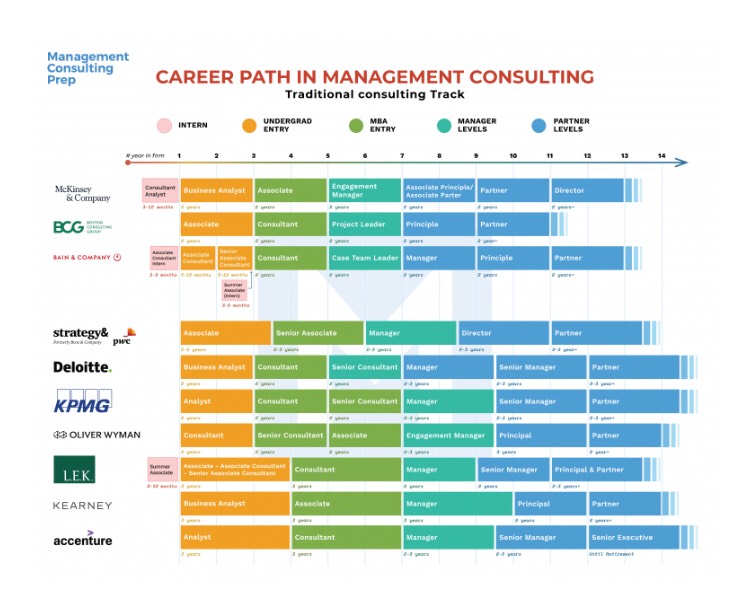
Once you get the results, a host of jobs will pop up that include all the major skills in which you’ve excelled. It’s a great test that may even surprise you with the skills you never knew you had.
6. The Big Five Personality TestDo you work well with others? If you’ve ever thought about this skill and want to know how well you execute it, then this personality test is for you.
The Big Five Personality Test focuses on how you work and how well you communicate with others. While it’s a tightly focused test, its results shouldn’t be scoffed at. It gives you insight into whether you should be in a job that has you communicating with others all the time or a loner that gets the job done by yourself.
Either way, this is a fantastic personality/career test.
7. Riso-Hudson Enneagram Type IndicatorThe RHETI can easily be confused with Myers-Briggs, but it’s a different test that looks at which archetype you are.
Once you answer the questions, you may fall into a variety of categories.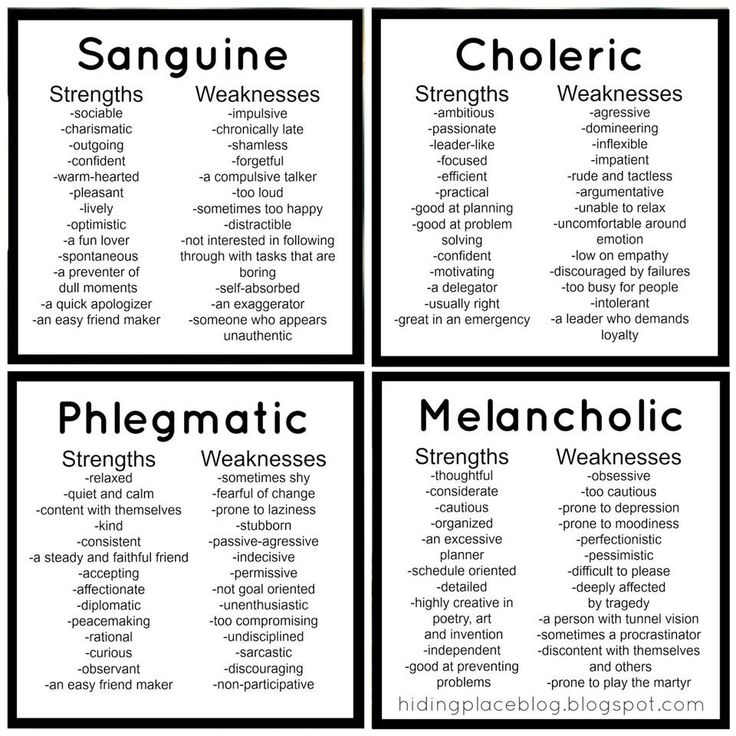 You may be classified as a reformer, an enthusiast or even an achiever.
You may be classified as a reformer, an enthusiast or even an achiever.
One of the cool things this test tells you is how you work with co-workers. Better yet, it shows you how to improve in certain areas where you may have scored low.
Overall, this test offers a lot. It’s one of the only tests that tries to help you improve areas that you score low in.
8. MAPP Career Assessment TestBesides the Myers-Briggs Indicator, the MAPP Career Assessment is the next biggest job and personality test you can take.
It encompasses a broad range of results, ranging from your preferences at how to complete tasks to reasoning. It’s a huge test, but one that is well worth taking.
As with most of the tests on this list, it gives you a handful of job categories you would be excellent in. It’s a superb test to take, and the results will help you hone in on what types of jobs you should apply for.
For most people, the right career is hard to find. However, these tests can help you find out what types of jobs you should be looking for.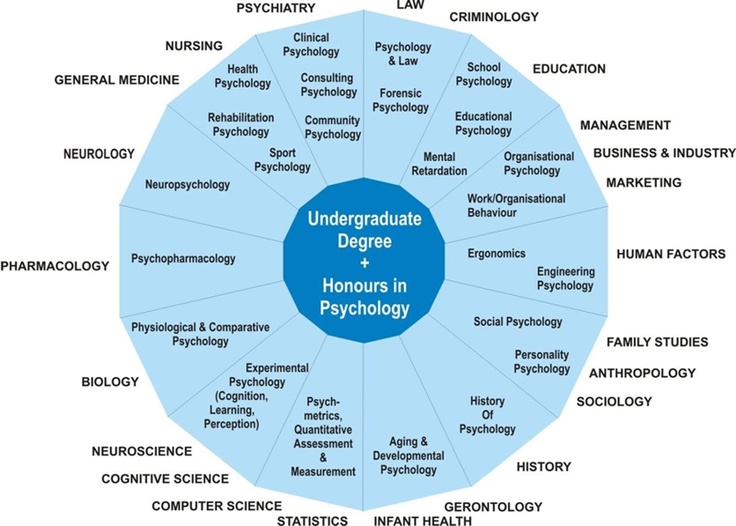 If you’re willing to spend a little bit of money and a little bit of time, these tests will help you find not only the right career, but also the job that will make you happy.
If you’re willing to spend a little bit of money and a little bit of time, these tests will help you find not only the right career, but also the job that will make you happy.
p.s. Resumonk helps you create a beautiful résumé & cover letter in minutes. Stand out from the crowd and multiply your chances of landing your dream job. Also, check out these best remote jobs curated from across the web by us.
14 Career Counseling Assessments & Tests for Your Students
When looking at job vacancies, how many times have you thought to yourself, ‘Is this job right for me?‘ only to find out it really isn’t.
It often happens to students starting out on their career path. It may even occur in the middle years when people feel they need a career change.
These are the times in life when a career assessment can prove most beneficial. Career assessments tap into personality and aptitude, such as abilities, working style, and skill set (Lent, 2013). They are an invaluable means of guiding the right career choice.
When coupled with tailored questions, a career counseling assessment can help individuals find a career matched with their attributes and abilities.
If career counseling sparks your interest and you want to find out how to help your students or clients with tests and questions, please read on.
Before you continue, we thought you might like to download our three Goal Achievement Exercises for free. These detailed, science-based exercises will help you or your clients create actionable goals and master techniques to create lasting behavior change.
This Article Contains:
- 10 Best Career Counseling Assessments: Tests & Questionnaires
- 4 Forms to Give Your Clients
- 40 Questions to Ask Your Clients & Students
- PositivePsychology.com’s Helpful Tools
- A Take-Home Message
- References
10 Best Career Counseling Assessments: Tests & Questionnaires
Tests form a large part of any career assessment.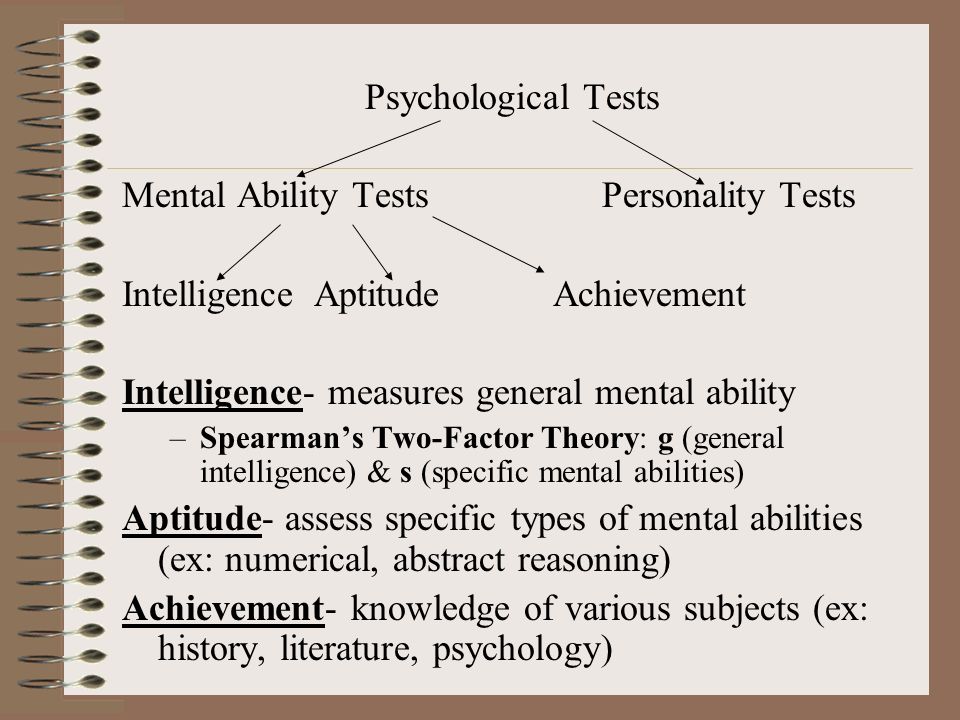 They allow for the personality traits of individuals to be unveiled, alongside skills, strengths, values, interests, emotional intelligence, motivations, and goals (Maree, 2015).
They allow for the personality traits of individuals to be unveiled, alongside skills, strengths, values, interests, emotional intelligence, motivations, and goals (Maree, 2015).
There are many career counseling tests and questionnaires you can use with your students and clients. They comprise both personality and aptitude tests. Let’s look at some of them now.
The Clifton StrengthsFinder
The Clifton StrengthsFinder (CSF) was produced after 40 years of ongoing research (Gallup, 1999). The CSF is able to successfully identify individuals more engaged at work, productive in their roles, healthier, and happier (Gallup, 1999).
The CSF measures thoughts, feelings, and behaviors. The results highlight individuals’ strengths (talent, knowledge, and skills) from a set of 34 strength themes, which can be aligned to make the best academic and career choices.
These strengths are unchangeable traits and assist in achieving full potential. The assessment data can apply to employment, leadership roles, and entrepreneurship.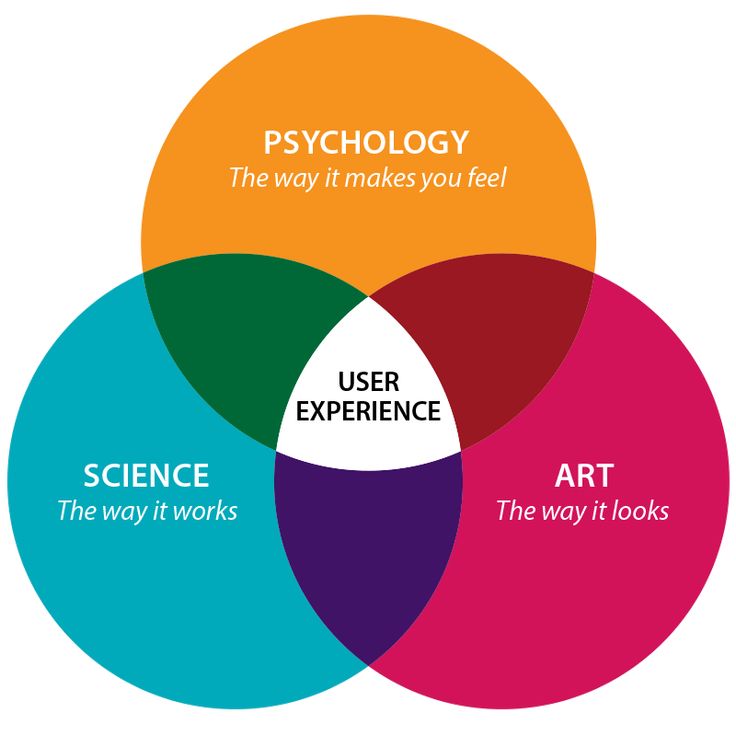
You can either purchase an access code or a copy of the book with an access code on the Gallup website to take this test.
Riso-Hudson Enneagram Type Indicator
The Riso-Hudson Enneagram Type Indicator (RHETI) is a popular forced-choice personality test used within career assessments (Hudson & Riso, 2000).
It is based upon nine basic personality types/roles:
- Investigator
- Loyalist
- Individualist
- Enthusiast
- Challenger
- Peacemaker
- Reformer
- Helper
- Achiever
The test comprises 144 questions and is scientifically validated.
The RHETI provides a full personality profile, indicating both strengths and weaknesses, and expanded descriptions are available for the top three scores.
RHETI results are helpful, as they show the test taker’s personality style and how to grow and thrive in the workplace. Any low scores indicate areas where someone may wish to improve in their working environment.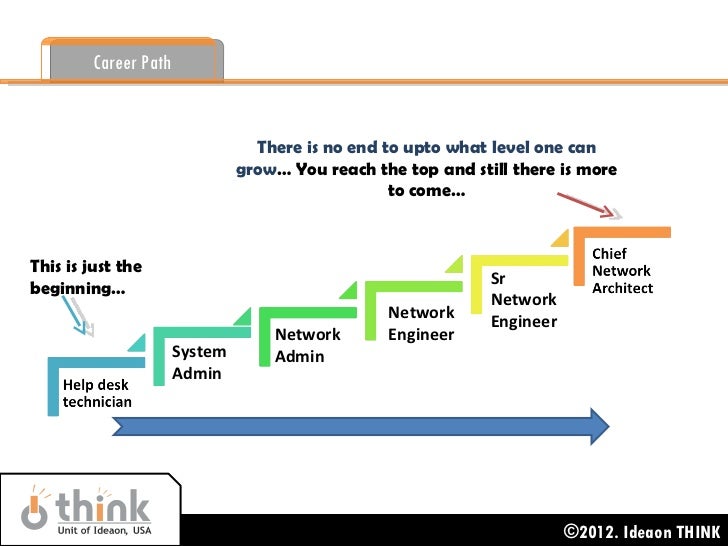 The RHETI helps to identify weak areas a client may wish to work on.
The RHETI helps to identify weak areas a client may wish to work on.
A copy of the RHETI may be purchased on the Enneagram Institute website.
Holland Code Career Test
The Holland Code Career Test, also known as the RAISEC test, is based on the work of John Holland (Nauta, 2010). This free test highlights which jobs suit the interests, aptitude, and talents of individuals.
In the test, there are six work themes based on six personality types that can be expressed within the workplace:
- Investigative
- Realistic
- Artistic
- Enterprising
- Social
- Conventional
The results highlight the test taker’s highest interest area and how it compares to others, depicting an individual’s Holland code. The results describe what this means concerning an individual’s career choice.
A free copy of the Holland Code Career Test can be found on Truity.com.
The Big Five personality trait model
The Big Five personality trait model, also referred to as the Five-Factor model, (Loehlin, McCrae, Costa, & John, 1998) was developed by personality theorists.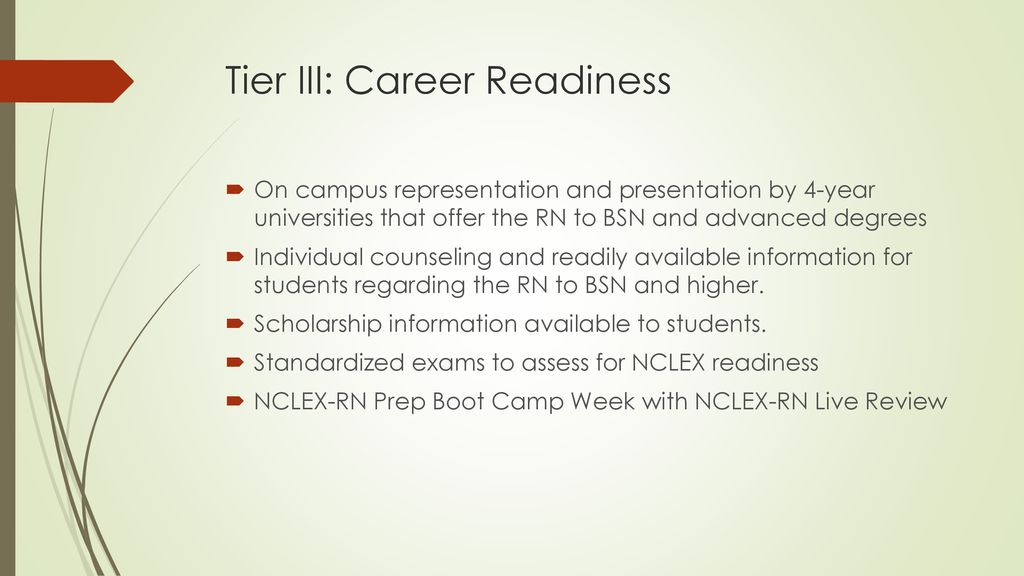 It is based on the theory that there are five main determinants of personality:
It is based on the theory that there are five main determinants of personality:
- Emotional stability (previously known as neuroticism)
- Extroversion
- Openness
- Agreeableness
- Conscientiousness
All individuals fall somewhere along the continuums of each. The Big Five model can indicate and predict behavioral traits and how these may influence employee behavior.
Having insight about our personality traits can allow us to select roles suited to our personality styles to greater occupational success and career advancement. Recruiters may use tests based on the Big Five to find individuals with a specific personality style and skill fit for the roles they wish to fill, and filter out those who don’t. This measure would be ideal for your students and clients who require a thorough and in-depth approach.
Follow the link to take the Big Five Project’s test.
Values assessment
Values tests help individuals get to know more about their work needs and motivations.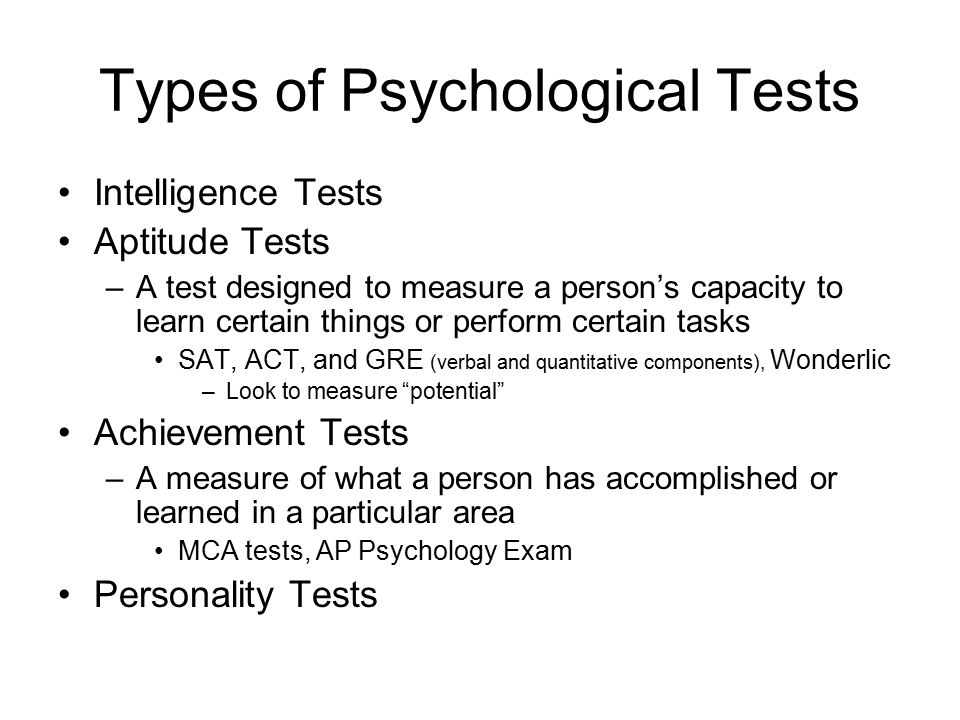
This is done by ranking different aspects of work, representing six underlying work values (Leuty & Hansen, 2011). This ranking of values helps the individual decide what is crucial for them in a job.
The results help a person search for a career in line with their work values, which are in cluster scores. In the Values Assessment linked below, a list of 739 occupations is presented and rank-ordered by how well they match personal work values. The greater parity a job has with work values, the greater satisfaction a person is likely to have with that particular job.
A copy of this test can be purchased at MyPlan.com.
The MAPP career assessment
The Motivational, Appraisal, Personal, Potential (MAPP) career assessment is a reliable and validated career assessment test available in six languages. It is suitable for students looking for a career and others looking for a career change.
This detailed and popular career assessment test provides detailed results and a unique assessment profile to help people find a suitable career.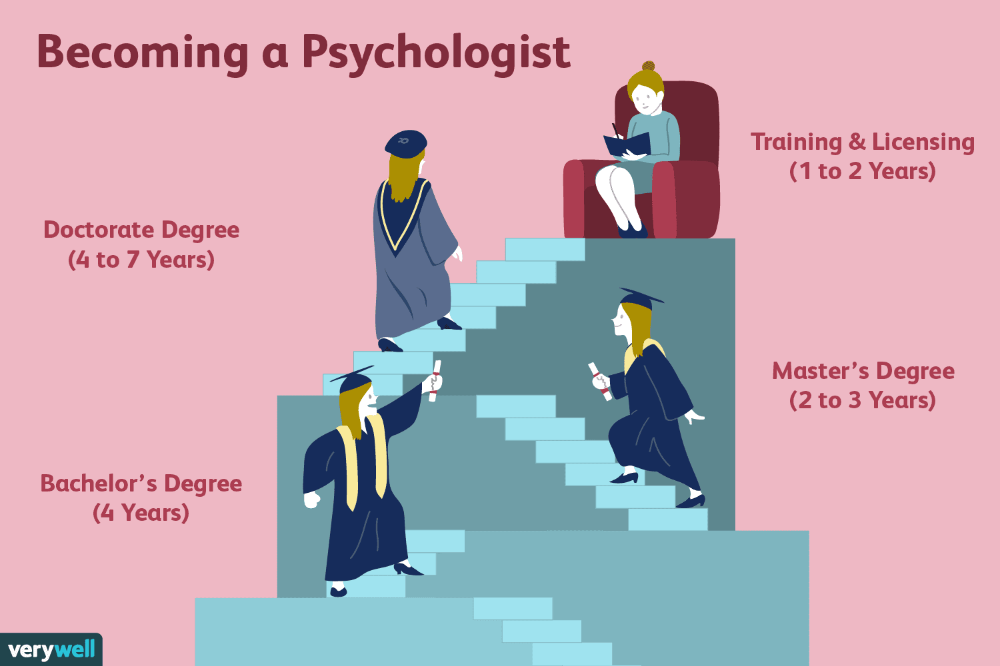
It gives an overall impression of where true motivations lie among the top 10 vocational areas, allowing for a match against 1,000 possible careers and specific work categories within which a person would excel.
The MAPP career test can be purchased at Assessment.com.
The Keirsey Assessment
This assessment aims to help individuals better understand their temperament in the workplace. This is important, as temperament (as measured by this assessment) is thought to influence communication patterns and workplace contributions.
The test identifies four characters:
- Artisan
- Guardian
- Rational
- Idealist
The Keirsey Assessment highlights how personality and temperament affects leadership, teamwork, sales, marketing, learning, career, and even relationships. The Keirsey Assessment can be accessed for free on the Keirsey website, but payment is required for a copy of the results.
The Career Resources Questionnaire
The Career Resources Questionnaire is a free questionnaire that assesses the resources of an individual critical to their employability.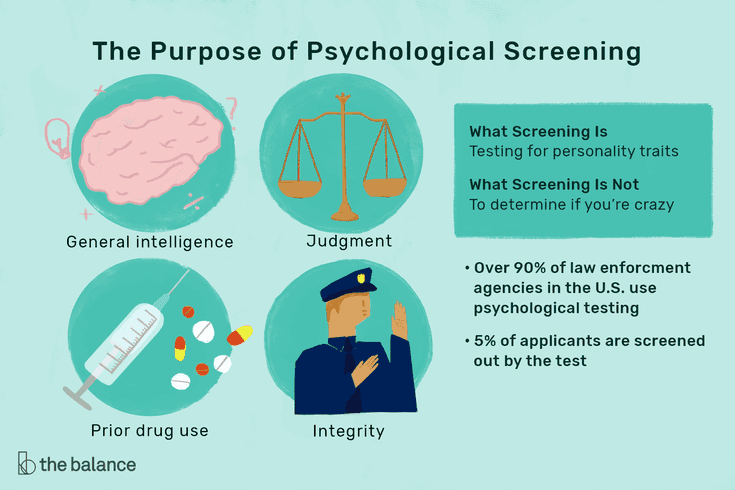
It is also used to promote personal success in careers by discovering weaknesses, barriers, and strengths.
The results provide a personal career resources profile. They include detailed information on each career resource, including why each resource is important to achieve a successful career and suggested activities that can be used to develop them.
The questionnaire is available in English and German and can be accessed on the Cresogo website.
Career Assessment Questionnaire
This is not a validated tool of career aptitude or personality. Instead, it is designed to generate thought-provoking ideas concerning career selection and satisfaction in work.
The questionnaire examines factors, such as attitudes and motivation to work, and family considerations, which may also affect a person’s career choices.
Questions are open ended and act as an initial screening measure. This can form part of a more extensive assessment and be followed by validated and reliable testing procedures.
This questionnaire can be found on the Charity Village website.
Entrepreneurial Potential Self-Assessment
This questionnaire assesses an individual’s potential for setting up self-employment and going it alone. However attractive it seems, not everyone can work for themselves. The designers of this questionnaire assert that there are specific characteristics of entrepreneurs that are essential to be successful.
This 50-statement questionnaire allows these traits to be examined, teased out, and used with your students or clients who wish to work for themselves.
4 Forms to Give Your Clients
Career counseling assessments often use intake, feedback, and performance forms.
These help the career counselor gather additional information at the initial, middle, and later stages of a job search.
Intake forms
Counselors use intake forms at the outset to gather as much information as possible about the student or client.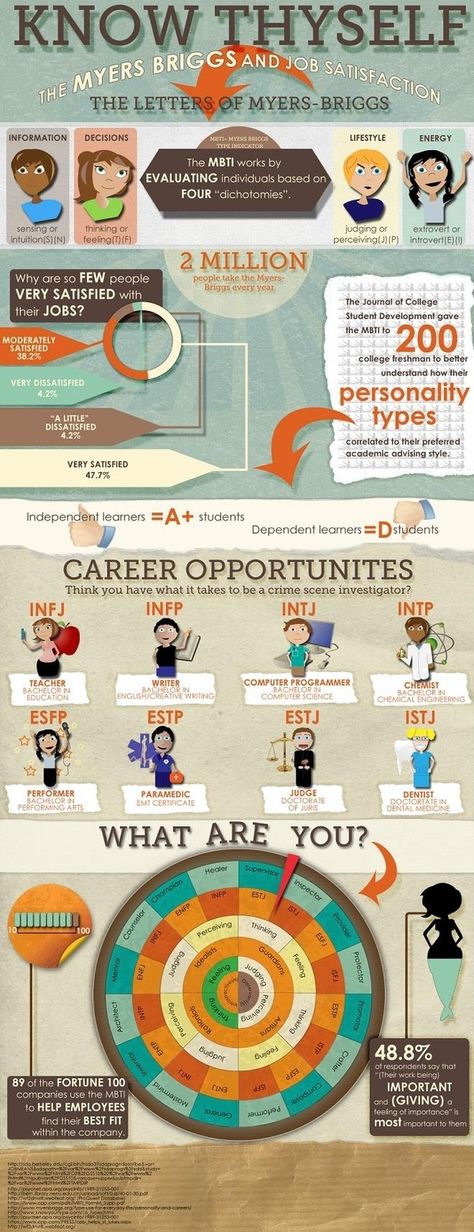 They allow the career counselor to understand why career counseling assessment is being sought, what the expected goals are, and any obstacles.
They allow the career counselor to understand why career counseling assessment is being sought, what the expected goals are, and any obstacles.
An example of an intake form can be found at Yumpu.com.
Feedback forms
Feedback forms come in a variety of templates to provide information on jobs. A copy of such feedback and evaluation forms for employees can be found at Indeed.com.
A copy of one for students looking for feedback from a career counselor can be found on the Marjon University website.
Performance forms
Performance counseling forms assess how well an individual is performing at work and may encourage reflection and planning for the future.
Areas that require improvement can be identified. Performance forms help establish the reasons behind poor work performance, whether it is personal problems, emotional difficulties, or other obstacles, which can lead to a recommendation for therapeutic counseling.
If performance is good, this can also be established.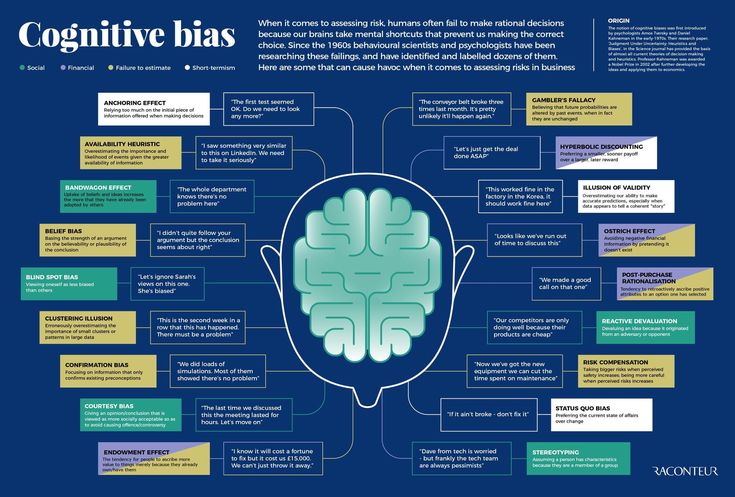
A copy of a performance form can be found at SHRM.
40 Questions to Ask Your Clients & Students
The career assessment process involves various tests, questionnaires, and forms. These measures are only part of the assessment procedure.
Career counselors can often find out a lot about individuals just from informal discussion. If you are wondering what questions to ask your students and clients, check out this list of ideas.
20 Questions and prompts for students
- How would you describe your way of studying?
- Do you prefer to study alone or with others?
- Do you like a quiet or noisy environment?
- Describe your study methods.
- What books do you like to read?
- What kinds of information do you search for on the internet?
- What are your best/worst subjects at school?
- Have you experienced any problems with learning at school? If so, what are they?
- When did you decide you wanted to go to college?
- Do you have anxiety issues about money?
- Did you ever think of an alternative option to college?
- What job or career would you like in the future?
- What are your favorite social and recreational pastimes?
- Have you encountered problems with your peers? How did you resolve them?
- Did you ever take up counseling services at school? If so, which ones?
- Have you ever met a career counselor before? If so, how useful was the session?
- Have you ever taken personality or aptitude tests to find out more about the best job/career for you?
After completing any test, ask the student:
- Does this profile reflect you correctly?
- Are there changes you would make in this profile?
- What about your recommendations? Are they correct, or would you like to change them?
20 Questions and prompts for clients
- Describe your goals.
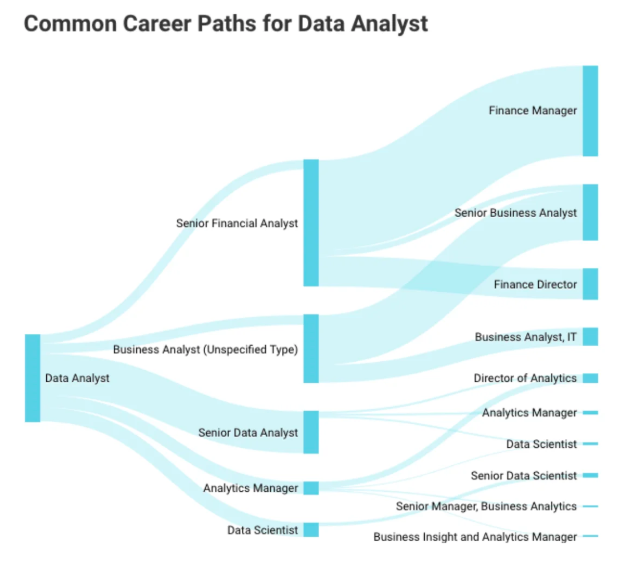
- What is most important to you?
- Have you done anything to achieve your goals?
- What timeframe do you have in place to meet these goals?
- What matters the most to you in a job?
- What skills, talents, or competencies are you most proud of? What makes you feel happiest and most accomplished?
- Describe feeling driven and motivated in a job (current or past).
- How do you overcome barriers when you are trying to learn something new?
- Name a step you could take to get you closer to your career goal. What kind of development or opportunities can you create to achieve this?
- What can you practically do now (next week, month, 6 months, 12 months) to reach your goal?
- Have you told anyone about your career goals?
- What opportunities do you have right now in your career?
- How would you act if you were much more assertive and bold?
- What would you ideally want your life to look like in 2, 5, or 10 years?
- How do you want to be remembered by your colleagues?
- What changes do you need to make to get your ideal job or career?
- Define what success means to you.
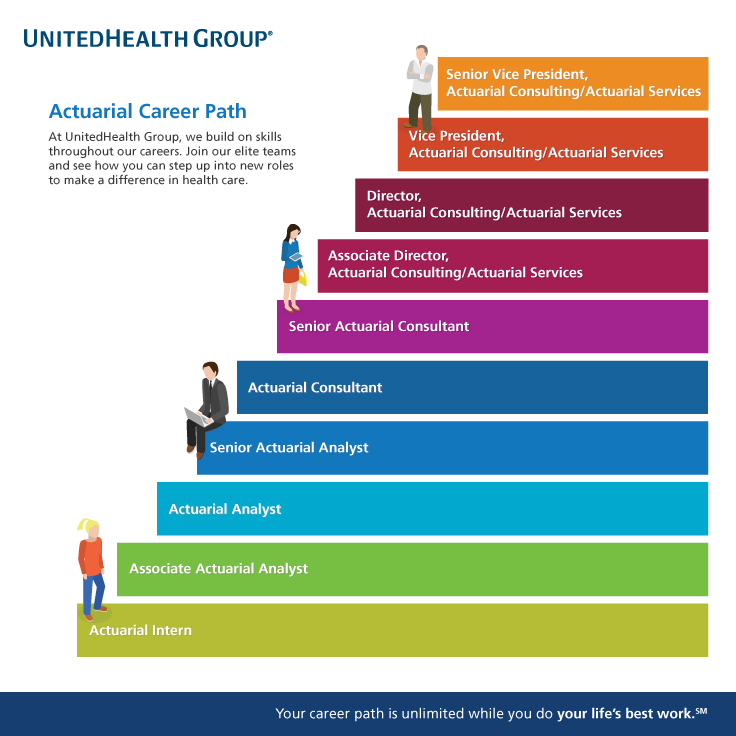
- Why is it important to do well in your career?
- What do you want in the future?
- What do you like about yourself (abilities and personality traits)?
PositivePsychology.com’s Helpful Tools
You’ll find many worksheets and tools throughout our site that can help inform your career counseling assessments. These can become part of a more extensive assessment, combined with tests, questionnaires, and discussions with clients and students.
Check out the following for a selection of resources to learn more and assist your clients with goal setting in their career development.
- Coping With Stress
This two-part exercise invites clients to list experienced physiological and emotional symptoms of stress and brainstorm strategies to reduce, cope with, or eliminate these sources of stress. This activity may be helpful in a career counseling setting as it helps clients identify triggers that cause stress and pinpoint possible areas of underperformance that may act as barriers to achieving occupational goals.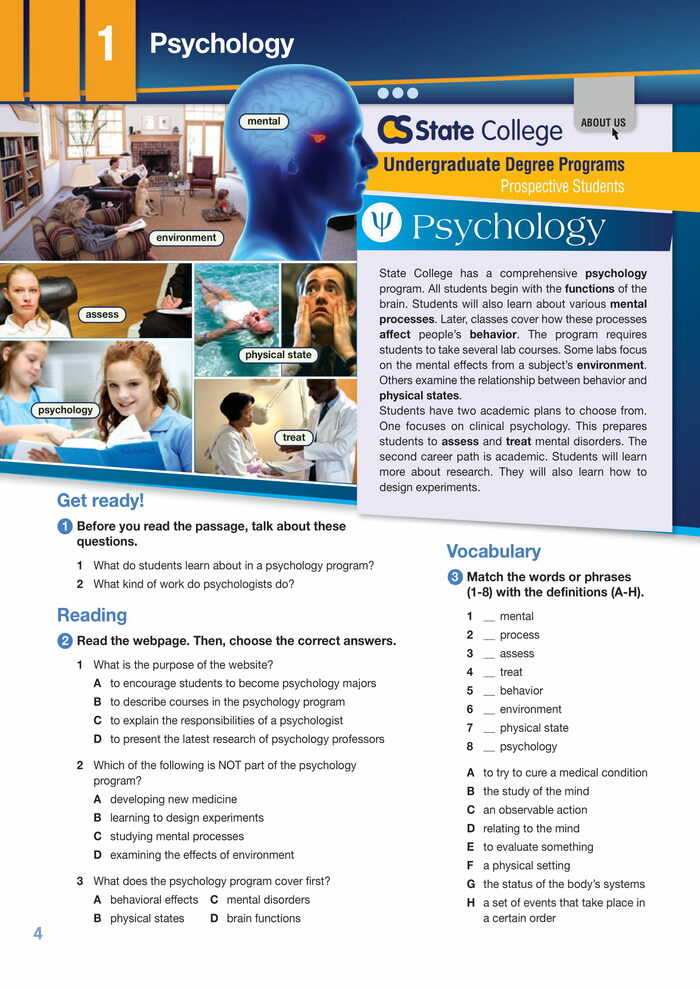
- Adopt a Growth Mindset
This exercise helps clients recognize instances of fixed mindset in their thinking and actions and replace them with thoughts and behaviors more supportive of a growth mindset. A growth mindset is valuable when navigating one’s career as it can open you up to opportunities that may have initially felt too challenging or threatening, allowing you to identify new paths you may not have previously considered. - Identifying Your Ikigai
This worksheet applies the Japanese concept of ikigai, or reason for being, to help clients identify a direction to take their career that aligns with passions and past experiences. - Career Counseling Training: 9 Certifications, Courses, & Degrees
This article walks through the training and certification required to become a career counselor, including specific courses and degree programs you might wish to pursue. - Career Counseling Resources: 10 Techniques for Your Sessions
This article provides valuable resources to career counselor, helping them plan the right career interventions that will lead clients on the right path.
- 17 Motivation & Goal Achievement Exercises
If you’re looking for more science-based ways to help others reach their goals, check out this collection of 17 validated motivation and goal achievement tools for practitioners. Use them to help others turn their dreams into reality by applying the latest science-based behavioral change techniques.
A Take-Home Message
It is important to have a job that fits well into our personality and skills, as a career can easily span more than 40 years. That is a long time doing something that does not suit your skills or talents.
As you can see from this article, selecting the right job is not as simple as leaving it to chance.
The career assessment process can be much more detailed. With thorough tests, assessments, and questioning, you can help your clients and students enter a career that appropriately matches their skills and temperament, leading to a successful career.
We hope this article has allowed you to better understand career counseling work and tests.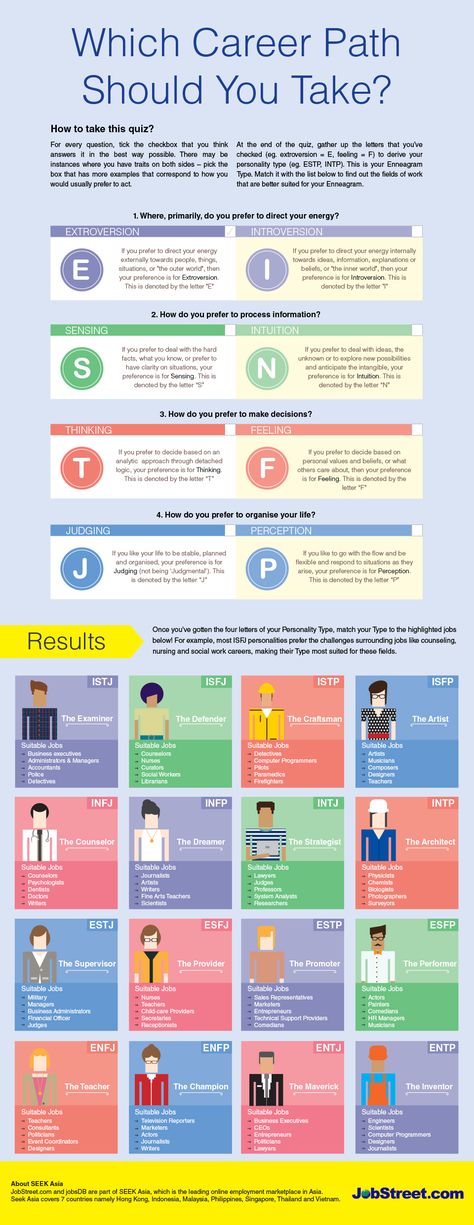 If this type of counseling piques your interest, you are now equipped with many tools and resources to use with clients and students.
If this type of counseling piques your interest, you are now equipped with many tools and resources to use with clients and students.
It is definitely a fulfilling area of work, knowing that you are helping individuals to develop, maintain, and sustain the right career path for them.
We hope you enjoyed reading this article. Don’t forget to download our three Goal Achievement Exercises for free.
- Gallup. (1999). Clifton StrengthsFinder. Author.
- Hudson, R., & Riso, D. R. (2000). The Riso-Hudson Enneagram Type Indicator (version 2.5). Enneagram Institute.
- Lent, R. W. (2013). Social cognitive career theory. In S. D. Brown & R. W. Lent (Eds.), Career development and counseling: Putting theory and research to work (2nd ed.) (pp. 115–146). John Wiley & Sons.
- Leuty, M. E., & Hansen, J. I. C. (2011). Evidence of construct validity for work values. Journal of Vocational Behavior, 79(2), 379–390.
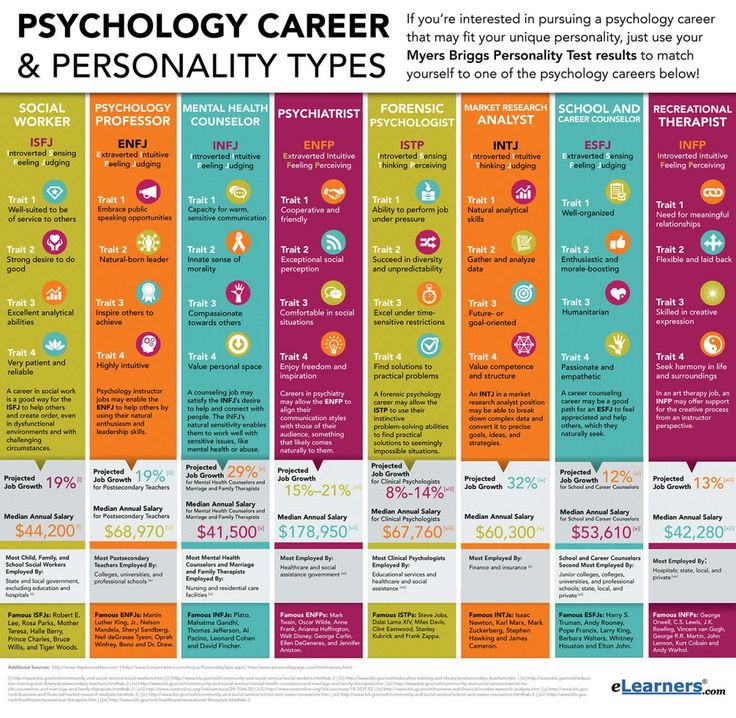
- Loehlin, J. C., McCrae, R. R., Costa, P. T., & John, O. P. (1998). Heritabilities of common and measure-specific components of the Big Five personality factors. Journal of Research in Personality, 32(4), 431–453.
- Maree, J. G. (2015). Blending retrospect and prospect in order to convert challenge into opportunities in career counselling. In K. Maree & A. Di Fabio (Eds.), Exploring new horizons in career counselling (pp. 3–24). Brill.
- Nauta, M. M. (2010). The development, evolution, and status of Holland’s theory of vocational personalities: Reflections and future directions for counseling psychology. Journal of Counseling Psychology, 57(1), 11–22.
Online tests - Career and psychological counseling
order a call
profkonsultant_ht
| Make an appointment for a consultation and You can also get more detailed information +7 (495) 504 34 79 to Skype or leave a request for a call You can use the help of a specialist remotely. Career and interview preparation consultations, resume writing, psychological advice on personal issues for those who do not have the opportunity or time to come to our office are carried out using Skype or by phone. . Irina, I want to thank you very much and sincerely! I was looking for a job for almost a year and did not get the desired result... read all reviews | Main This section presents tests designed to help in self-determination, both professional and life. Internship for young specialistsAvailable only until August 22 We invite students and young professionals (from 16 to 35 years old) to take our new free test, which will assess some of the features of your attitude towards yourself and others, and will also help determine the level of development of one of the most important competencies , which large manufacturing companies pay attention to when they select personnel. Pass test Career InterestsWhat is your work for you and what place does it actually occupy in your life? The proposed test will help to reveal your ideas about the professional the activity you are doing now, how you perceive it and what she means to you. Pass test "Is it time to change profession?"This test will help you understand if it is time to change something in your professional activities. What is the place of work in your life? Does your place of work or position give you the opportunity to do what you love, to realize yourself in a profession? Or maybe it's time to change the professional sphere as a whole, to get a new specialty? Or vice versa: maybe you work in a friendly team under the leadership of a democratic boss and have excellent prospects for career growth - then you shouldn't change anything. The test consists of 108 questions. It will take you 20-25 minutes to complete the test. Based on the test results, you will receive a full report that will help you deal with the question - "what should I change in my professional life"? Pass test Sales ManagerThis test is designed to assess your suitability as a sales manager. Pass test Life AttitudesThe Life Attitudes test is not directly related to the choice of a profession, it concerns more general, basic values that are manifested in everything that we do, whatever decisions we make, including in the professional sphere. The result of passing the test will be your scale profile and verbal descriptions with recommendations. The test is small, it consists of only 30 questions and is one of the blocks of the Professional Career complex. Pass test
An interesting article? Share it with others: Put the same plugin on your site |
Professional, career growth Career motivation test
Most specialists in organizations, enterprises and firms are concerned about professional growth - advanced training, and, of course, career growth associated with this.
You are asked to take an online career motivation test to see how motivated you are and if you have the opportunity to grow professionally and climb the career ladder, in your own company or any other.
Career and professional motivation:
It should be noted that career growth usually excites specialists with higher education. While professional growth may also be of interest to the working class.
When answering the questions of the career development test, do not hesitate for a long time and be honest with yourself.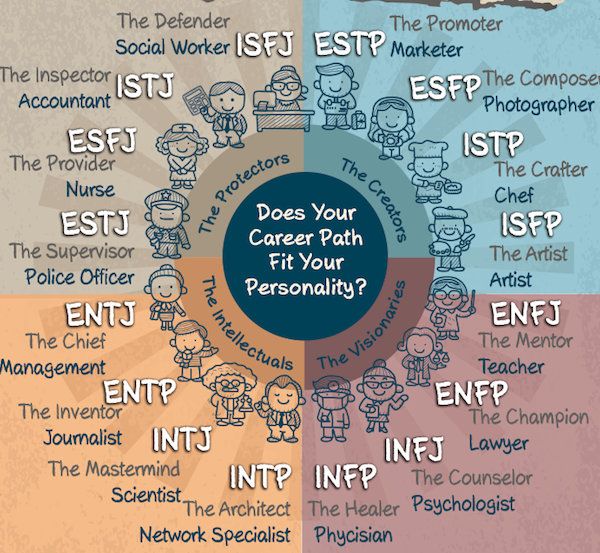
In the results of the Career Motivation and Growth Test, you will see a detailed description of your case: whether you can climb the career ladder or not.
So, take an online test for career, professional growth
1. Do you easily remember a phone number, address or important dates?
often you write down
you leave in your memory important information of exceptionally close people
it is not difficult for you to remember important information in your head
Don't know
2. If a random passer-by calls you to a meeting, will you agree?
Yes
No
maybe if he is a nice person
Don't know
3. Do your plans change easily?
all the time
sometimes it happens
you always stick to the original plan
Don't know
4. If you get an opportunity to try some extreme activity that you haven't tried before, would you take it?
without a moment of doubt
only with true friends
refrain
Don't know
5.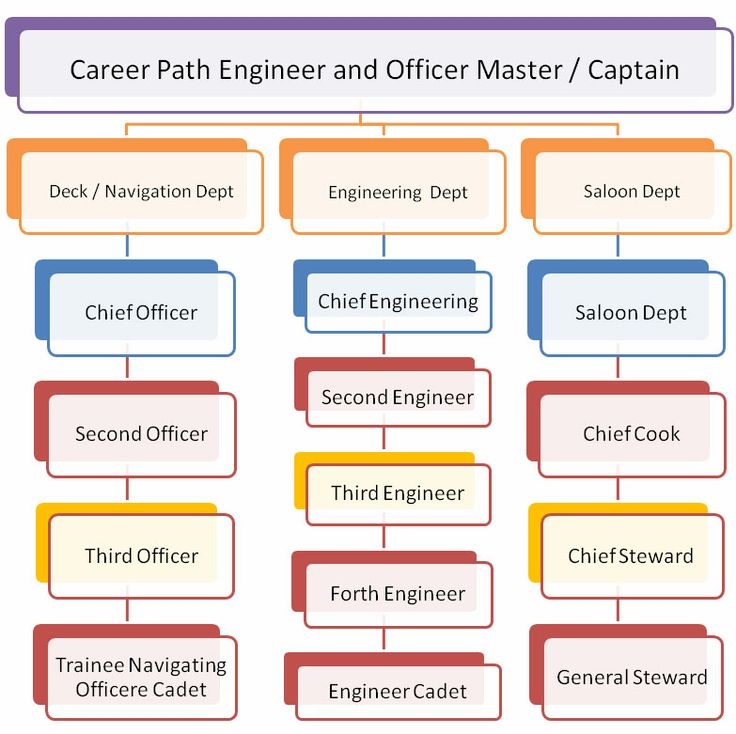 When you return home every day, do you always look for the perfect route?
When you return home every day, do you always look for the perfect route?
I'm constantly on the lookout
you change your route from time to time
you always follow your own habits
I don't know
6. How often do you invite people you know to last-minute events?
is your identity
this happens sometimes
you constantly inform your friends about upcoming events in advance
I don't know
7. From time to time do you have a desire to rearrange your own apartment?
such a desire arises in you no more than once a month
you decide to rearrange it no more than once a year
you never decide to rearrange your apartment
I don’t know
, from the sight of which eyes light up and absolutely do not understand those who make purchases on a piece of paper?
Yes
Do you write a shopping list from time to time
Do you only go shopping with a pre-prepared and carefully thought out shopping list
Don't know
9. Do you often take risks by trying unfamiliar exotic foods?
Do you often take risks by trying unfamiliar exotic foods?
Yes
sometimes, for company
you don't risk trying exotic dishes because you're afraid to run into frog legs
I don't know
10. Do you lend money easily without specifying the date of their return?
you are always ready to share the latest with your friends
the final decision is influenced by the person's proximity to you
you don't lend money to anyone
I don't know
11. How often are you late for a meeting?
constantly
sometimes happens
you are never late
I don't know
12. Do you have a habit of humming or whistling your favorite song softly?
Yes
No
occasionally
Don't know
13. Do you think that flirting and flirting are harmless activities?
Yes
only if you don't have someone close to you
you don't like such liberties
I don't know
14.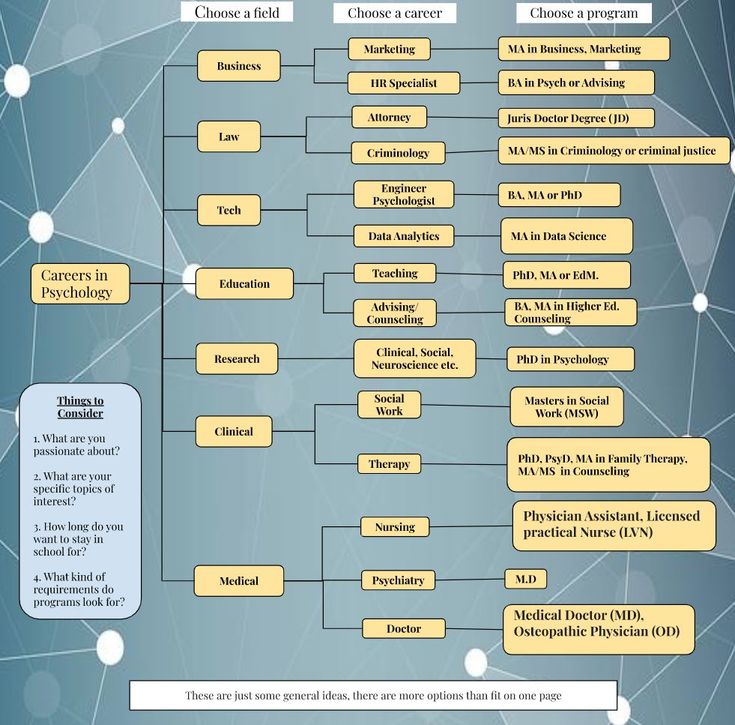

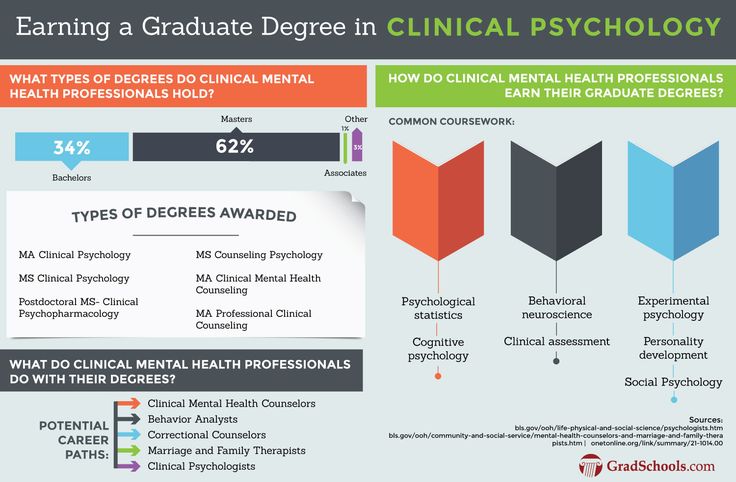
 In any case, our test will help you get answers to such questions and rethink something in your life.
In any case, our test will help you get answers to such questions and rethink something in your life. 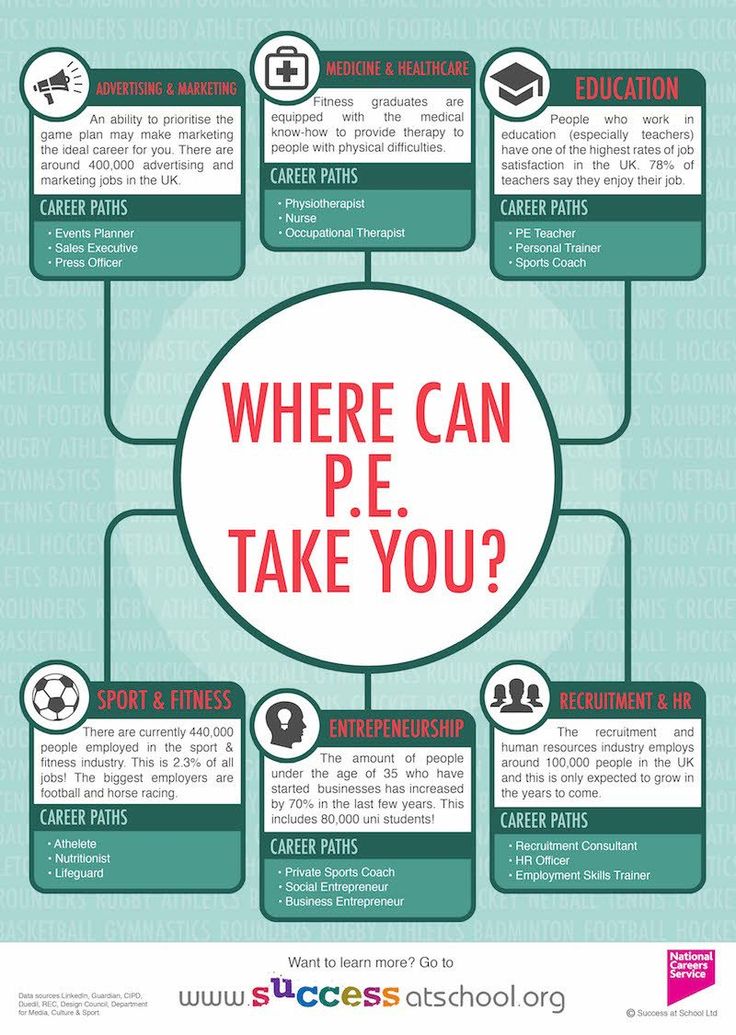 Testing takes an average of 10 minutes.
Testing takes an average of 10 minutes. 